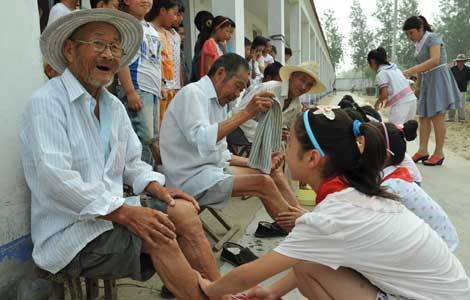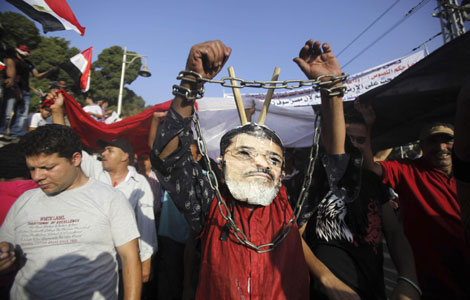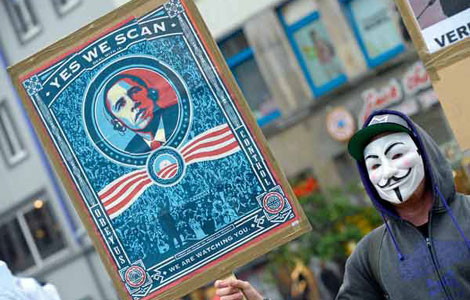IPO door re-opens
Updated: 2013-07-02 11:02
(Beijing Review)
|
||||||||
Compared with the existing IPO apparatus, the draft document also makes breakthroughs in the pricing of new stocks. The draft document allows market-oriented adjustments in IPO pricing, individual investors' participation in pricing and strengthens information disclosure during the pricing process. According to the document, the offering price should be fixed by the issuer and its underwriters and the way in which the price was determined should be disclosed in an IPO announcement. Qualified individual investors can participate in pricing and placement.
The draft document allows underwriters to reserve shares for certain investors. Lead underwriters can independently choose to sell stocks to investors who have offered effective quotes.
When advancing the market-oriented reform of the IPOs, the draft document stresses strengthening supervision and law enforcement to prevent illegal activities. For example, if the issuer makes false or misleading statements in its application or legal documents, it will be subject to an investigation by the CSRC; if the allegations hold, the issuer will not be accepted for IPO application within 36 months.
Breakthroughs
He Liping, director of the Financial Department of Beijing Normal University, said compared with the previous reforms of the IPO structure, this is a real market-oriented reform.
"I still feel disappointed because it doesn't resolve some essential matters. If the CSRC does not make significant revisions, the new round of reforms will be spoiled again," said He.
The draft document stresses to "make the IPO pricing more market-oriented," he said, but seeing from the present stock structure of listed companies, such reform doesn't go far enough. In the stock structure of listed companies, the proportion of tradable shares in the IPO is very small, while the proportion of restricted shares is quite large, including the large amount of shares held by controlling shareholders. "When the proportion of tradable shares in the IPO is small, how can the pricing be market-oriented?" said He.
He said this issue is the foundation to reform the IPO mechanism. If this cannot be solved, all the other reforms will come to nothing.
To solve this problem, he suggested that the CSRC can require that tradable shares of an IPO should not be lower than 50 percent of the total shares (excluding state-controlled companies); all the shares above 30 percent held by the actual controller must be transferred to preferred shares.
The professor added that IPO reforms should also make clear that companies who commit fraud should be immediately delisted from the stock market. In the meantime, the CSRC should also effectively protect the rights and interests of investors.
"The IPO system needs thorough reform, so I hope the CSRC can make major revisions on the draft document," He said.

 Egypt army gives Mursi 48 hours to share power
Egypt army gives Mursi 48 hours to share power
 No quick end in sight for Beijing smog
No quick end in sight for Beijing smog
 New filial law sparks debate
New filial law sparks debate
 Bakelants claims Tour de France second stage
Bakelants claims Tour de France second stage
 2013 BET Awards in Los Angeles
2013 BET Awards in Los Angeles
 Gay pride parade around the world
Gay pride parade around the world
 Four dead in Egypt clashes, scores wounded
Four dead in Egypt clashes, scores wounded
 New NSA spying allegations rile European allies
New NSA spying allegations rile European allies
Most Viewed
Editor's Picks

|

|

|

|

|

|
Today's Top News
19 firefighters killed in Arizona fire
Book reveals islands' true history
Tokyo warned not to resort to 'empty talk'
Snowden applies for Russian asylum
No quick end in sight for Beijing smog
New home prices defy curbs
Mandela 'still critical but stable'
Shanghai to open first Sino-foreign high school
US Weekly

|

|






